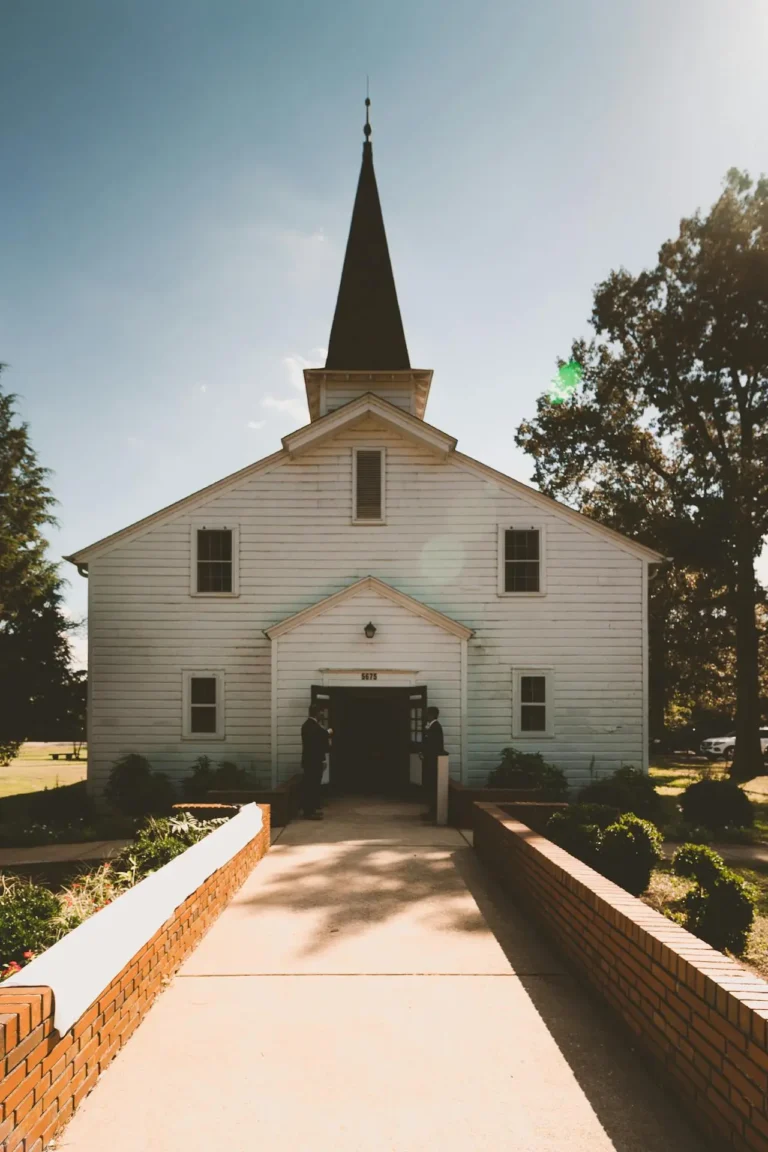
Hey there, friend. Let’s talk about something that’s not always easy to discuss but is incredibly important—church hurt and spiritual abuse. It’s a topic that touches many lives, often in ways that are deeply personal and painful. If you’ve ever felt this kind of hurt, know that you’re not alone. And if you’re just learning about it, thank you for taking the time to understand.
First off, let’s acknowledge that sharing our stories is a profound act of courage. Brene Brown, a brilliant researcher and storyteller, reminds us that our stories are not meant for everyone. Hearing them is a privilege. Before we share, we should ask ourselves, “Who has earned the right to hear my story?” It’s about finding those special people in our lives who can sit with us, hold space for our shame stories, and love us for both our strengths and our struggles. If you have even one or two people like this, you’re incredibly lucky. And if you have a community that embraces your imperfections and fills you with a sense of belonging, that’s a true blessing.
Now, let’s dive into what church hurt and spiritual abuse can look like. Francine Shapiro, the founder of EMDR, once said, “Any event that has had a lasting negative effect on the self or psyche is by its nature ‘traumatic.’” This is particularly true when it comes to spiritual abuse, which often occurs in environments where there’s a power differential. When those in power use shame, manipulation, or their position to exploit others’ vulnerabilities, it can leave deep, lasting scars.
Signs of Spiritual Abuse
So, how do you know if your church might be causing spiritual abuse? Here are some signs to watch out for:
- Abusive Leadership: This can be spiritual, emotional, verbal, or even physical. If the leadership is using their position to harm or control, that’s a red flag.
- Feeling Controlled: If you feel compelled to do things against your will or better judgment, it’s worth examining why.
- Constant Complaining and Fighting: Open name-calling, character assassination, and slander are not healthy behaviors in any community.
- Gossip: Behind-closed-door name-calling and character assassination can be just as damaging.
- Insulated Leadership: Leaders who refuse to be held accountable or who isolate themselves from the community can create a toxic environment.
- Self-Serving Shepherds: Leaders who prioritize their own needs over the community’s well-being are not fulfilling their role.
- Manipulative Leadership: Using guilt, fear, or other tactics to control the congregation is a form of abuse.
- Bullying: Any form of intimidation or coercion is unacceptable.
If any of these signs resonate with you, it’s important to take them seriously.
For a moment, let’s delve deeper into the personal symptoms of church hurt and spiritual abuse. Understanding these symptoms can be a crucial step in recognizing and addressing the impact of religious trauma on our lives.
Personal Symptoms of Church Hurt
Experiencing church hurt or spiritual abuse can manifest in various ways, affecting both our mental and physical well-being. It’s important to acknowledge these symptoms as valid responses to trauma. Here are some common signs you might notice:
- Poor Critical Thinking Skills: You might find it challenging to analyze situations or make sense of complex issues, often feeling overwhelmed by decisions that once seemed straightforward.
- Difficulty Making Decisions: Even simple choices can become daunting. You might second-guess yourself or feel paralyzed by the fear of making the wrong decision.
- Decreased Sense of Self-Worth: Spiritual abuse can erode your self-esteem, leaving you feeling unworthy or inadequate. This can be particularly damaging when it stems from a place that was supposed to nurture your spirit.
- Difficulty Building Strong Relationships: Trust issues may arise, making it hard to connect with others. You might struggle to form deep, meaningful relationships, fearing vulnerability or rejection.
- Being Isolated: You might withdraw from social interactions, feeling disconnected from those around you. This isolation can exacerbate feelings of loneliness and despair.
- Struggling with Fitting In and Belonging: A sense of not belonging can pervade your interactions, making you feel like an outsider even in familiar settings.
- Nightmares and Sleeping Issues: Disturbing dreams or insomnia can be common, as your mind struggles to process the trauma you’ve experienced.
- Eating Issues: Changes in appetite, whether it’s overeating or loss of appetite, can be a response to emotional distress.
- Anxiety Symptoms: You might experience heightened anxiety, with symptoms like restlessness, rapid heartbeat, or a constant sense of worry.
- Depression Symptoms: Feelings of sadness, hopelessness, or a lack of interest in activities you once enjoyed can indicate depression.
- Grief Symptoms: Mourning the loss of a supportive community or spiritual identity can manifest as grief, with all its accompanying emotions.
- Loneliness: Even when surrounded by others, you might feel profoundly alone, as if no one truly understands your experience.
- Anger: Anger can be a natural response to betrayal or injustice. It’s important to acknowledge this emotion and find healthy ways to express it.
Recognizing these symptoms is the first step towards healing. It’s crucial to seek support, whether through therapy, support groups, or trusted friends and family. Remember, healing is a journey, and it’s okay to seek help along the way. You deserve to live a life filled with peace, love, and acceptance.
It’s crucial to recognize these symptoms and understand that they’re valid responses to trauma. Healing is possible, but it often requires support, whether from friends, family, or professional counselors. Remember, you deserve to be in a space where you feel safe, valued, and heard.
If you’re on this journey, take heart. You’re not alone, and there are people who care deeply about your well-being. Reach out to those who have earned the right to hear your story, and know that healing is a path worth walking. Let’s continue to create spaces where everyone feels a sense of belonging and love, imperfections and all.
